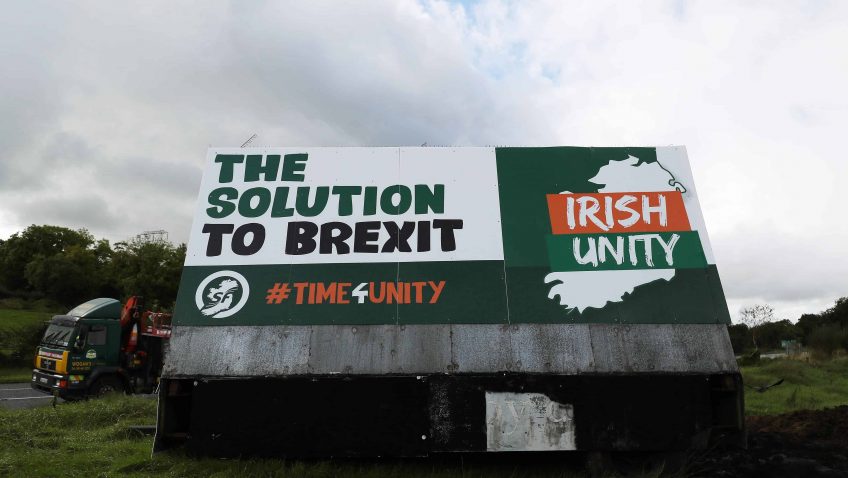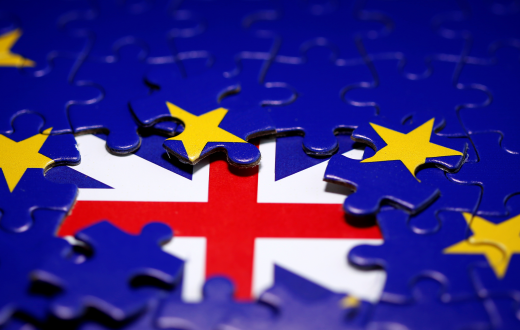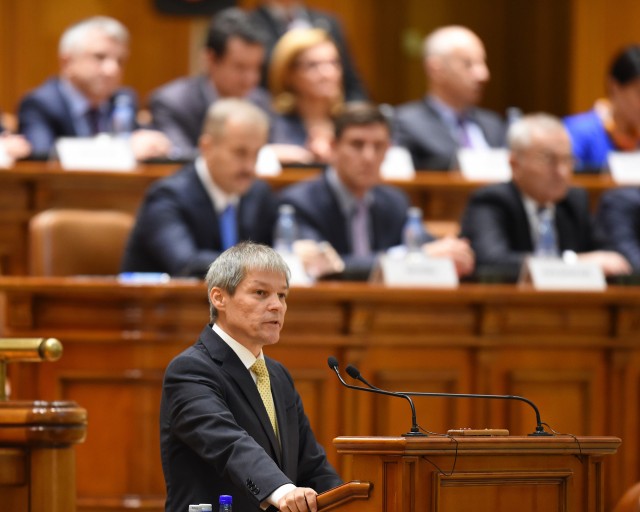The results in the recent General elections in both Ireland and the UK, you can take clear messages and hope if you are an Irish person who believes in the power of the whole of Ireland to self-govern. Sinn Fein won the popular vote in the most recent Irish election and came short to Fianna Fail by 1 seat. Leo Varadkar admitted that the people had spoken and it was down to Mary Lou-Mcdonald and Sinn fein to form the next government. Gracious in defeat but a defeat we knew was coming. They received big backlash for soaring crime rates in the country, a housing crisis and the burning question of the Brexit process. Unity in complete honesty was never a big campaign push from the left in this election, which maybe came at their benefit. Martin Mcguinness and Gerry Adams always brought the foundations of their campaigns back to a United Ireland and radical social reform. This was difficult for many people to get onboard with, especially people who don’t see them as outstanding pragmatists, only as IRA advocates. Regardless of the reasons for the outcome, the outcome means that the people spoke loudly about anti-austerity measures but Unity was brought into the question. This leaves challenges for the UK and I will break down the 2 reasons why.
The first reason which has consumed all about economic and political discussion in the UK for years is Brexit. First of all, it is official… we have left the EU. We however still do not know in what form this will be. The withdrawal agreement has not been agreed in contrast to what the Tories may have you think and it is still highly possible that on the 31st of December 2020, we leave with no deal. This may well be fundamental to the decision of the Irish people about whether to join with the North or if the North wish to remain in the Union. Of course there are political and religious reasons as to why the North are still in the Union and the republic aren’t. However, it is very difficult to prioritise ideology and religion over your socio-economic situation. If the UK leaves the EU with a no-deal outcome it is without question disasterous for the UK and I could explain in detail why that is but I haven’t got enough hours left in the day. To summarise, food shortages and inflating commodities. The socio-econimc situation of the very people who voted for Brexit will get worse. Not even to mention the implications for EU citizens who reside in the UK and in what capacity they get to stay. This propels the case of independance in Scotlands case or Unity in the Northern Irish example (Both remain voting areas which is essential to the argument). Following on from this, there has always been a consensus that the UK is really England centric and the policy is aimed at pleasing the London elite and funding the pockets of big business owners. The austerity measures hit the working class and low income areas hardest as these are the people that rely on them most. The media did an exceptional job as portraying this to be down to the EU, not decisions taken by the UK government.The curtain is starting to unveil and the truth is starting to be displayed, and it isn’t pleasant viewing. Lets take another viewpoint, if the UK agree to a free trade agreement with the EU and the United States etc. Brexit isn’t positive in any way, but this is without doubt the best case scenario for all parties. The cause for unity or referendum suffers because it again comes down to how much people have in their pay packets each month.This displays how essential the next 12 months is.
Every decision made by a political party these days is party political first and then beneifical for the people second. Boris Johnson would have never left the EU for love nor money 5 years ago and these personalities drive party opinion in 1 way or another. The vital part of this all comes down to this, the party in government is called the “Conservative and Unionist party”. If Brexit and the austerity measure enabled by this government contributes to the dissolve of the union they were created to support, it would be politicsl suicide. Hence why they cannot allow under this majority governemnt to give Scotland another referendum. Ireland is a whole other story however. The Northern Irish parliament (Stormont) was closed in 2017 when the DUP propped up the UK government when they needed to form a coalition. This meant all affairs related to Northern Ireland were dealt with in the House of Commons. The lack of funding to these areas and the denial of the peoples wishes to remain in the EU was staggering and it seemed to be that once the Tories had given the money to the DUP they would role over for any decision they asked them to. Whether it be the Irish border issue or public sector spending cuts, the DUP stepped aside to allow what was essentially a Tory majority government. When the Northern Irish election occured early this year, the youth and remainers put a big middle finger up to the establishment and ousted their majority. Stormont reopened and NI could yet again govern NI. With a Republican majority in the North the unity question is yet again thrown where it wasn’t even considered in the build up to the campaign.
This year is more important than the Tories think, Ireland have demonstrated that they will not be walked over when it comes to Europe and people have seemed to prioritise EU memebrship over backwards views on sectarianism and the “us vs them” mentality. If Brexit goes the way we think it will, you may see the dissolve of the union and combustion of the Conservative party before our very eyes. It is the job of the left to put up firm opposition, but government is not as far from our reach as the most recent election may imply.








